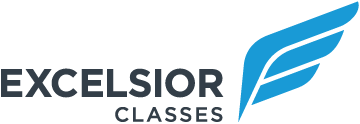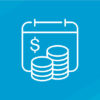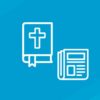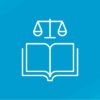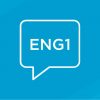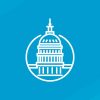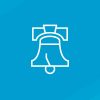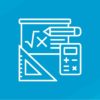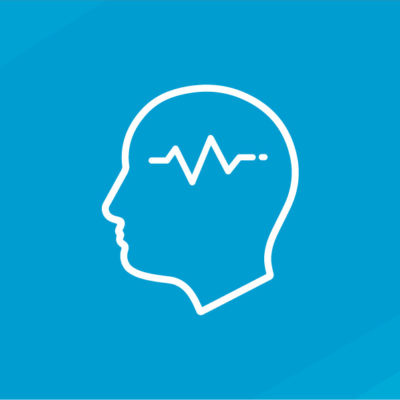The study of economics is essentially the study of how and why people make the choices they do. Wait a minute. Isn’t economics about money? Yes, sort of. Money is how we assign value to the choices that we make.
Every choice we make is a determination of how we allocate our resources. If we choose to hit the snooze button over getting out of bed when the alarm goes off, we are placing more value on those extra minutes of sleep. If we pack a lunch instead of eating out, we are valuing the money we would spend eating out over the time it takes to pack the lunch. We can choose beef or chicken based on the price of each.
Some decisions are made by others and impact our lives. Do we raise revenue through property tax, sales tax, or both? Should the minimum wage be raised? Are we going to use protective tariffs or advocate a policy of free trade? Informed voters need to know how these decisions can affect them personally. They also need to be able to recognize if a candidate for public office is making economic promises that he or she cannot deliver. A state representative can do little to affect international trade. Potential voters need to know how the balance of trade impacts prices at the grocery store, how corporate taxes are passed down to consumers, and if raising the minimum wage will do what the politicians say it will do.
Paired with a good government class, the study of economics prepares students to be good citizens. Personal finance, on the other hand, prepares students to be good consumers. How to plan a budget, make smart purchases, and plan for the future are all part of personal finance. Here students learn about household budgets rather than governmental ones. They learn what life insurance is, why they might need it, and how much they need. Can they afford a new car? Is a used car a better value? What other costs are likely depending on whether they choose new or used?
So, the answer to the question is both! Students need both economics and personal finance education to prepare for adulthood: economics to be informed citizens and personal finance to be informed consumers.
